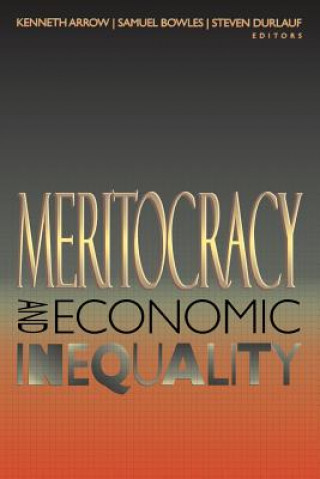
Kód: 04639164
Meritocracy and Economic Inequality
Autor Kenneth Arrow, Samuel Bowles, Steven N. Durlauf
Most Americans strongly favor equality of opportunity if not outcome, but many are weary of poverty's seeming immunity to public policy. This helps to explain the recent attention paid to cultural and genetic explanations of persi ... celý popis
- Jazyk:
 Angličtina
Angličtina - Väzba: Brožovaná
- Počet strán: 272
Nakladateľ: Princeton University Press, 2000
- Viac informácií o knihe

110.31 €

Skladom u dodávateľa v malom množstve
Odosielame za 12 - 17 dní
Potrebujete viac kusov?Ak máte záujem o viac kusov, preverte, prosím, najprv dostupnosť titulu na našej zákazníckej podpore.
Pridať medzi želanie
Mohlo by sa vám tiež páčiť
-

Shilling on Good Friday: A Lesson Learnt
25.04 € -
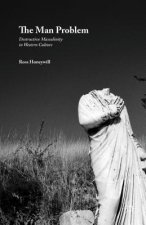
Man Problem
70.74 € -

Psychology of Serial Killer Investigations
94.87 € -

Law and Childhood Studies
212.76 € -

Conditioning, Cognition, and Methodology
154.38 € -

Pharmaceutical Science to Improve the Human Condition - Prix Galien 2010
136.69 € -

Synchronization And Control Of Chaos: An Introduction For Scientists And Engineers
126.05 €
Darčekový poukaz: Radosť zaručená
- Darujte poukaz v ľubovoľnej hodnote, a my sa postaráme o zvyšok.
- Poukaz sa vzťahuje na všetky produkty v našej ponuke.
- Elektronický poukaz si vytlačíte z e-mailu a môžete ho ihneď darovať.
- Platnosť poukazu je 12 mesiacov od dátumu vystavenia.
Viac informácií o knihe Meritocracy and Economic Inequality
Nákupom získate 273 bodov
 Anotácia knihy
Anotácia knihy
Most Americans strongly favor equality of opportunity if not outcome, but many are weary of poverty's seeming immunity to public policy. This helps to explain the recent attention paid to cultural and genetic explanations of persistent poverty, including claims that economic inequality is a function of intellectual ability, as well as more subtle depictions of the United States as a meritocracy where barriers to achievement are personal--either voluntary or inherited--rather than systemic. This volume of original essays by luminaries in the economic, social, and biological sciences, however, confirms mounting evidence that the connection between intelligence and inequality is surprisingly weak and demonstrates that targeted educational and economic reforms can reduce the income gap and improve the country's aggregate productivity and economic well-being. It also offers a novel agenda of equal access to valuable associations. Amartya Sen, John Roemer, Robert M. Hauser, Glenn Loury, Orley Ashenfelter, and others sift and analyze the latest arguments and quantitative findings on equality in order to explain how merit is and should be defined, how economic rewards are distributed, and how patterns of economic success persist across generations. Moving well beyond exploration, they draw specific conclusions that are bold yet empirically grounded, finding that schooling improves occupational success in ways unrelated to cognitive ability, that IQ is not a strong independent predictor of economic success, and that people's associations--their neighborhoods, working groups, and other social ties--significantly explain many of the poverty traps we observe. The optimistic message of this beautifully edited book is that important violations of equality of opportunity do exist but can be attenuated by policies that will serve the general economy. Policy makers will read with interest concrete suggestions for crafting economically beneficial anti-discrimination measures, enhancing educational and associational opportunity, and centering economic reforms in community-based institutions. Here is an example of some of our most brilliant social thinkers using the most advanced techniques that their disciplines have to offer to tackle an issue of great social importance.
 Parametre knihy
Parametre knihy
Zaradenie knihy Knihy po anglicky Economics, finance, business & management Economics Macroeconomics
110.31 €
- Celý názov: Meritocracy and Economic Inequality
- Autor: Kenneth Arrow, Samuel Bowles, Steven N. Durlauf
- Jazyk:
 Angličtina
Angličtina - Väzba: Brožovaná
- Počet strán: 272
- EAN: 9780691004686
- ISBN: 0691004684
- ID: 04639164
- Nakladateľ: Princeton University Press
- Hmotnosť: 516 g
- Rozmery: 233 × 162 × 27 mm
- Dátum vydania: 24. January 2000
Obľúbené z iného súdka
-
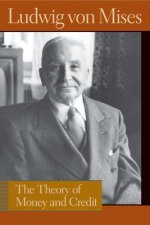
Theory of Money & Credit
16.55 € -

Digital Gold
11.03 € -23 % -

Macroeconomics, Global Edition
89.66 € -1 % -
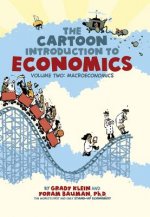
Cartoon Introduction to Economics Vol 2
16.96 € -20 % -

Euro and the Battle of Ideas
33.22 € -
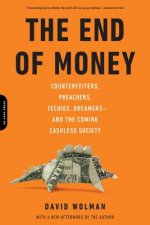
End of Money
16.45 € -5 % -
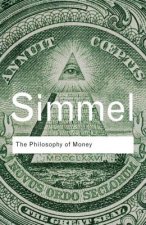
Philosophy of Money
30.36 € -
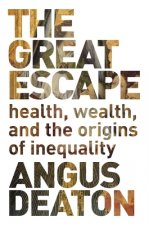
Great Escape
17.47 € -13 % -
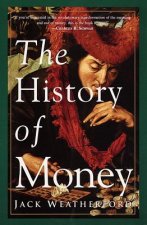
History of Money
12.97 € -21 % -
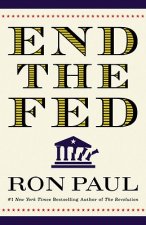
End The Fed
16.55 € -22 % -
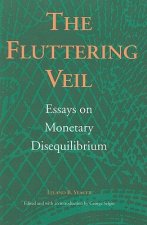
Fluttering Veil
17.78 € -

Advanced Macroeconomics
131.58 € -
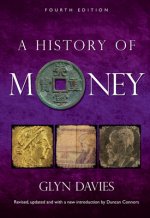
History of Money
58.78 € -

Monetary Theory and the Trade Cycle
17.98 € -

Golden Fetters
79.64 € -

Business Cycles
14.71 € -6 % -
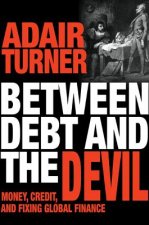
Between Debt and the Devil
18.60 € -8 % -

Business Cycles
17.06 € -
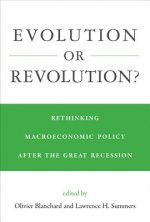
Evolution or Revolution?
32.50 € -21 % -
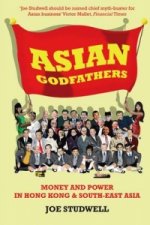
Asian Godfathers
14.41 € -23 % -
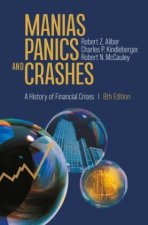
Manias, Panics, and Crashes
32.50 € -16 % -
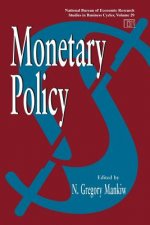
Monetary Policy
47.12 € -
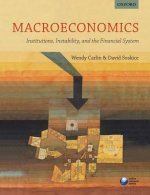
Macroeconomics: Institutions, Instability, and the Financial System
104.48 € -
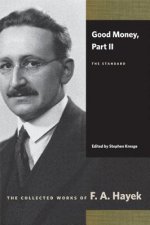
Good Money
15.33 € -4 % -

Good Money
14.71 € -6 % -
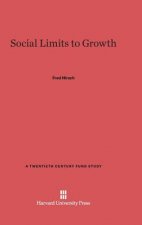
Social Limits to Growth
85.87 € -
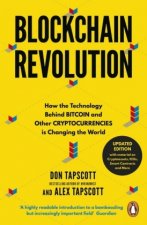
Blockchain Revolution
10.93 € -24 % -
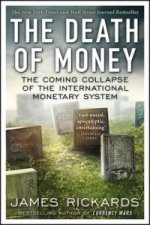
Death of Money
12.26 € -23 % -
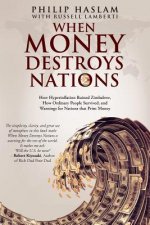
When Money Destroys Nations
13.89 € -
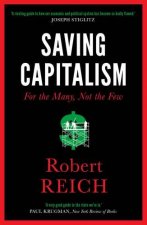
Saving Capitalism
11.13 € -23 % -
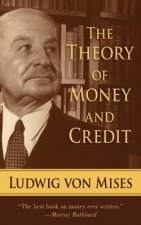
Theory of Money and Credit
11.95 € -17 % -

Dollar Crisis, Causes, Consequence, Cures Revised and Updated edition
34.55 € -4 % -
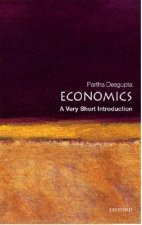
Economics: A Very Short Introduction
10.11 € -23 % -
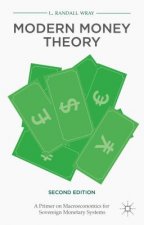
Modern Money Theory
92.21 € -10 % -
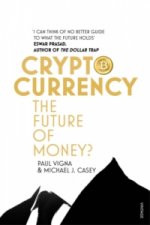
Cryptocurrency
12.26 € -23 % -

All About Forex Trading
19.42 € -17 % -

Why Most Things Fail
14.41 € -23 % -
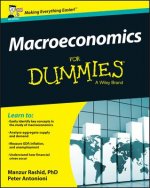
Macroeconomics For Dummies - UK
18.80 € -19 % -
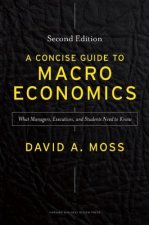
Concise Guide to Macroeconomics, Second Edition
29.44 € -18 % -
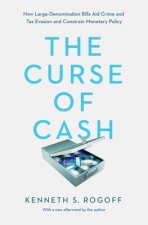
Curse of Cash
19.01 € -2 % -

International Macroeconomics
94.36 € -
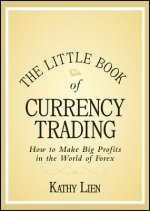
Little Book of Currency Trading
22.99 € -23 % -

Macroeconomics, Global Edition
83.83 € -4 % -

Contours of the World Economy 1-2030 AD
69.41 € -

Forex Trading Secrets: Trading Strategies for the Forex Market
47.02 € -

How to Build a GPU Mining Rig to Mine Bitcoin, Monero, Ether, Zcash, and other Cryptocurrenices
15.84 € -13 % -
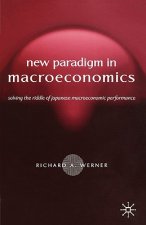
New Paradigm in Macroeconomics
199.77 € -

Before the Industrial Revolution
26.68 € -

Financial Innovations in International Debt Management
70.74 €
Osobný odber Bratislava a 2642 dalších
Copyright ©2008-24 najlacnejsie-knihy.sk Všetky práva vyhradenéSúkromieCookies


 21 miliónov titulov
21 miliónov titulov Vrátenie do mesiaca
Vrátenie do mesiaca 02/210 210 99 (8-15.30h)
02/210 210 99 (8-15.30h)